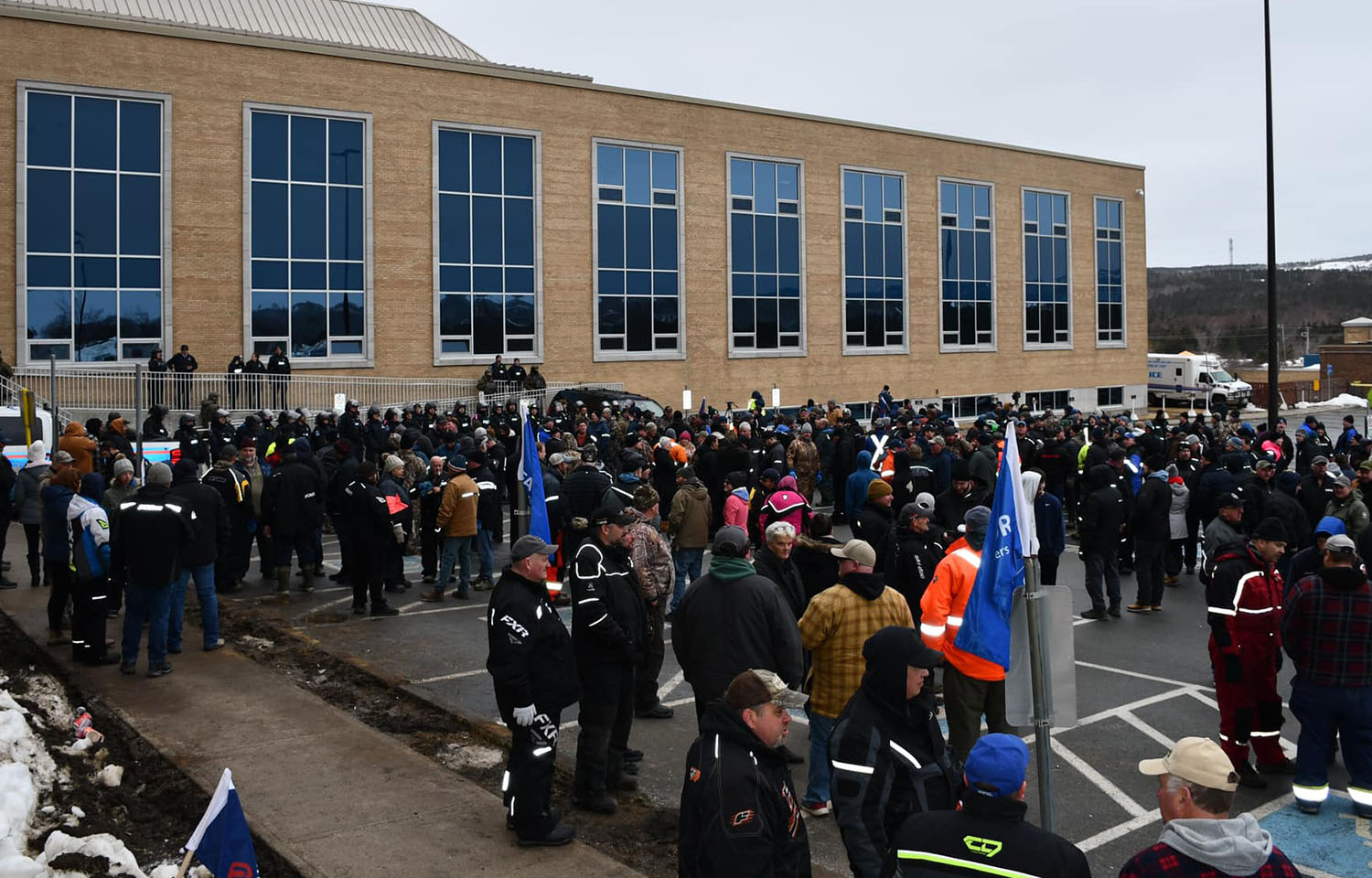Just before the 6 April starting date of the Newfoundland and Labrador snow crab fishery season in eastern Canada – a slight delay from the originally announced 1 April starting date – harvesters are celebrating policy changes that came in the wake of widespread protests and ineffective pricing negotiations between the harvester union and processors.
The Fish, Food and Allied Workers Union (FFAW) celebrated a victory on 22 March after the government of Newfoundland and Labrador agreed to make policy changes that will allow harvesters in the province to sell to buyers using external processing.
“Currently, all buyers must operate and process inside the province,” FFAW Director of Public Affairs Courtney Glode told SeafoodSource.
The rule change will instead allow for buyers outside the province to purchase crab in Newfoundland and Labrador.
“Harvesters cannot ship their product outside the province, but outside buyers can apply to the province for a buyer’s license to export unprocessed product,” Glode said. “Therefore, if a buyer does this, a harvester could then sell to the approved outside buyer.”
The government also agreed to undertake an independent review of provincial licensing policy and to implement a new committee that will monitor processing capacity during the crab season.
The changes came after widespread protests by fishermen took place at a number of government buildings in the province, as they called for more competition between processors and higher processing capacity.
“When fish harvesters cannot find a buyer for their catch, we have a serious problem,” FFAW President Greg Pretty said in a release during the protests. “Fish harvesters in our province have been disadvantaged long enough. The situation has gotten so severe in recent years that a very large number are now facing imminent bankruptcy due to the cartel-like environment processing companies enjoy here in Newfoundland and Labrador.”
FFAW claimed there was no accountability for processing companies and that the business environment has operated with an anti-harvester stance, with plants choosing not to process certain species, refusing to purchase from certain harvesters, giving harvesters strict weekly limits, and conducting unfounded deductions.
“More competition and market access for harvesters is needed. We want free enterprise,” John Efford, who led the protests, said.
Amid the protests, the Association of Seafood Producers (ASP) said placing the blame for the fishery’s issues on processors was unfair and that additional capacity will ...








